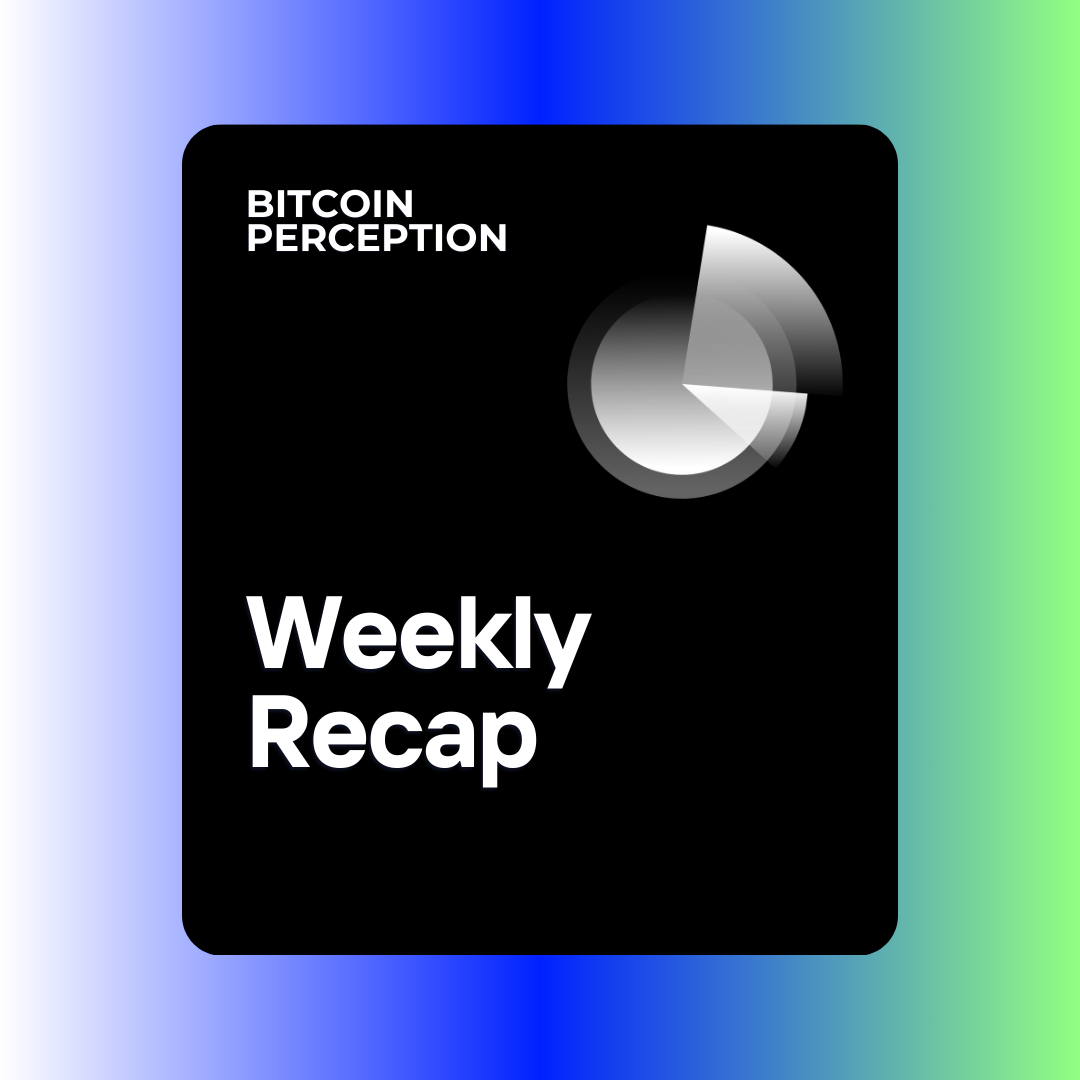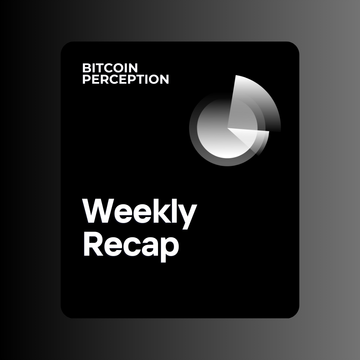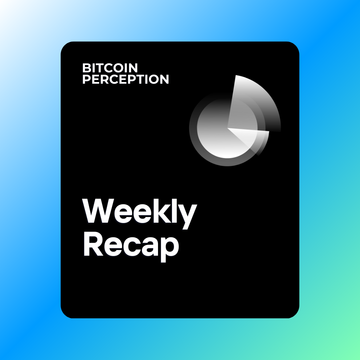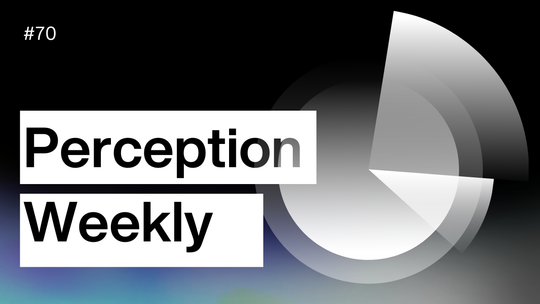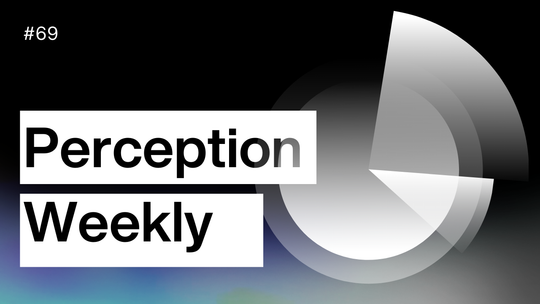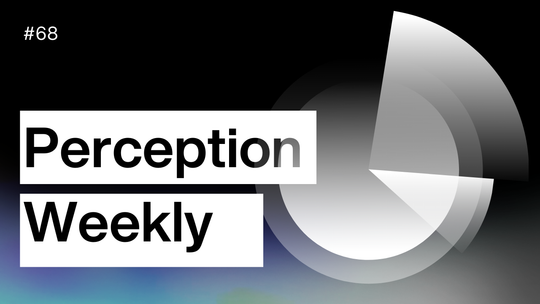• Positive Trends: Institutional adoption is rising, with increased ETF inflows and endorsements from investors like Bill Miller.
• Regulatory Challenges: Proposals for taxation or prohibition highlight ongoing tensions with traditional financial institutions.
• Technological Developments: Shifts towards AI and Dubai’s emergence as a Bitcoin hub indicate evolving industry landscapes.
• Community Sentiment: While cautious about regulatory overreach and legal challenges, the overall sentiment leans towards optimism.
Sentiment Overview
• Positive ✅: Institutional adoption, investment insights, technological opportunities, Bitcoin’s dominance.
• Neutral ⚖️: Market volatility response, government reviews, political impacts, industry pivots.
• Negative ❌: Regulatory proposals against Bitcoin, legal challenges, mining project failures.
Hot Discussions 🔥
Asian Market Volatility Boosts Bitcoin’s Appeal
Recent instability in Asian stock markets has led investors to consider Bitcoin as a safe-haven asset alongside gold. This shift underscores Bitcoin’s growing acceptance as a store of value during economic uncertainties.
- Mainstream Media: Highlighted economic volatility in Asia, noting investors are turning to Bitcoin to hedge against market instability.
- Crypto Media: Emphasized Bitcoin’s resilience and its emerging role as a hedge asset comparable to gold.
- Social Media: Discussions on Twitter and Reddit debated Bitcoin’s effectiveness in protecting against market downturns.
Sentiment: Neutral ⚖️
Regulatory Developments Impacting Bitcoin
A Federal Reserve research paper suggested taxing or banning Bitcoin to address government deficits, citing concerns over its potential disruption of fiscal policies.
- Mainstream Media: Focused on the Fed’s criticism of Bitcoin, reflecting broader apprehensions about its impact on traditional finance.
- Crypto Media: Critiqued the paper as alarmist, arguing it overlooks Bitcoin’s benefits as a decentralized asset.
- Social Media: Users expressed skepticism towards government overreach that could hinder innovation in the Bitcoin ecosystem.
Sentiment: Negative ❌
U.S. Department of Defense Reviews Bitcoin Thesis
The Department of Defense initiated a security review of Jason Lowery’s thesis on Bitcoin’s strategic implications, limiting its distribution and sparking debates about government interest in Bitcoin.
- Mainstream Media: Covered potential national security implications and military strategy concerns.
- Bitcoin Media: Highlighted increased government attention on Bitcoin as a geopolitical tool.
- Social Media: Mixed reactions; some see validation of Bitcoin’s importance, others worry about restrictions.
Sentiment: Neutral ⚖️
Ideas 💡
Bill Miller Predicts Bitcoin Inclusion in Investment Portfolios
Investor Bill Miller anticipates financial advisors will recommend Bitcoin allocations, citing its fixed supply and robustness over traditional assets.
- Mainstream Media: Analyzed the shift in perception towards Bitcoin among seasoned investors.
- Bitcoin Media: Emphasized Miller’s bullish outlook as a significant endorsement.
- Social Media: Positive discussions with optimism about mainstream adoption and potential growth.
Sentiment: Positive ✅
Surge in Bitcoin ETF Inflows and Institutional Interest
Notable increases in Bitcoin ETF inflows and record open interest in Bitcoin futures indicate growing institutional confidence in Bitcoin’s long-term prospects.
- Mainstream Media: Highlighted the surge as a sign of increasing acceptance among institutional investors.
- Bitcoin Media: Focused on positive implications for market dynamics and price trajectory.
- Social Media: Enthusiasm about potential new price highs due to institutional participation.
Sentiment: Positive ✅
Solution Requests 🛠️
Bitcoin Mining Challenges in Kentucky
A failed Bitcoin mining project in Kentucky led to legal disputes, reflecting challenges in transitioning to Bitcoin mining in traditional economies.
- Mainstream Media: Highlighted socio-economic impacts and risks of large-scale mining operations.
- Crypto Media: Critiqued operational failures, emphasizing sustainable practices.
- Social Media: Cautious discussions about environmental impacts and responsible development.
Sentiment: Negative ❌
Self-Promotion 📣
Transition from Bitcoin Mining to Artificial Intelligence
Companies like Northern Data consider shifting focus from Bitcoin mining to AI, reflecting strategic pivots to emerging technologies.
- Mainstream Media: Noted broader industry shifts and adaptation to new growth opportunities.
- Crypto Media: Discussed potential impacts on Bitcoin’s network and mining decentralization.
- Social Media: Mixed reactions; concerns over mining centralization and support for diversification.
Sentiment: Neutral ⚖️
Opportunities 🚀
Impact of U.S. Presidential Election on Bitcoin
Analysts suggest the U.S. presidential election could influence Bitcoin’s regulatory environment and adoption, with potential policies affecting its growth.
- Mainstream Media: Explored how different candidates’ policies might impact Bitcoin.
- Crypto Media: Expressed optimism for clearer regulations benefiting Bitcoin’s legitimacy.
- Social Media: Debates on advantages and drawbacks of political outcomes, hope for supportive policies.
Sentiment: Positive to Neutral ⚖️
Dubai’s Emergence as a Bitcoin Hub
Dubai is positioning itself as a global hub for Bitcoin innovation, hosting events that blend technological advancement with favorable regulations.
- Mainstream Media: Highlighted Dubai’s initiatives to attract Bitcoin startups and firms.
- Crypto Media: Praised efforts to foster innovation, seen as a model for other regions.
- Social Media: Positive discussions celebrating Dubai’s commitment to the Bitcoin industry.
Sentiment: Positive ✅
Disclaimer: This report is for informational purposes only and does not constitute financial advice. Readers should conduct their own research or consult professional advisors before making investment decisions.
